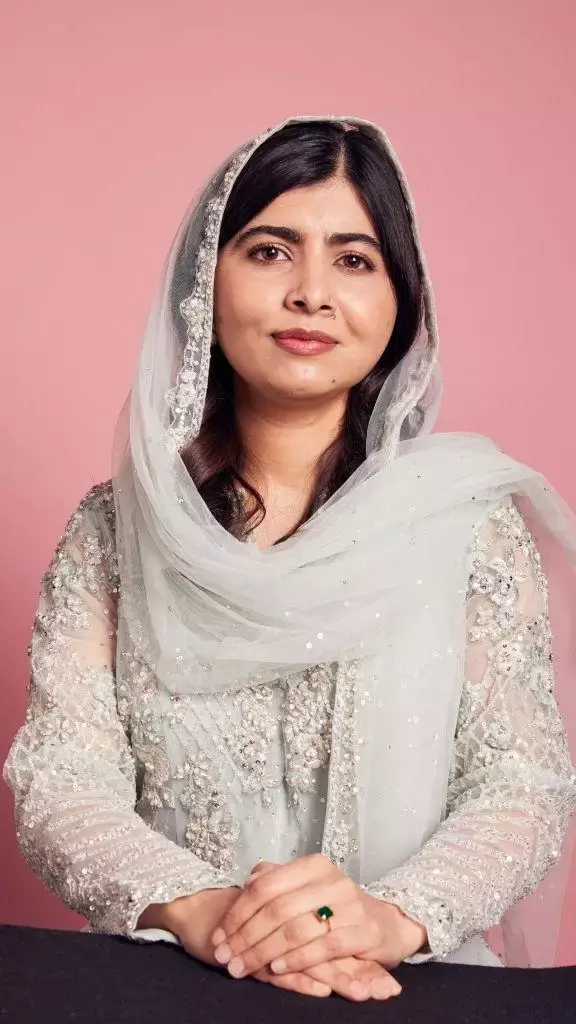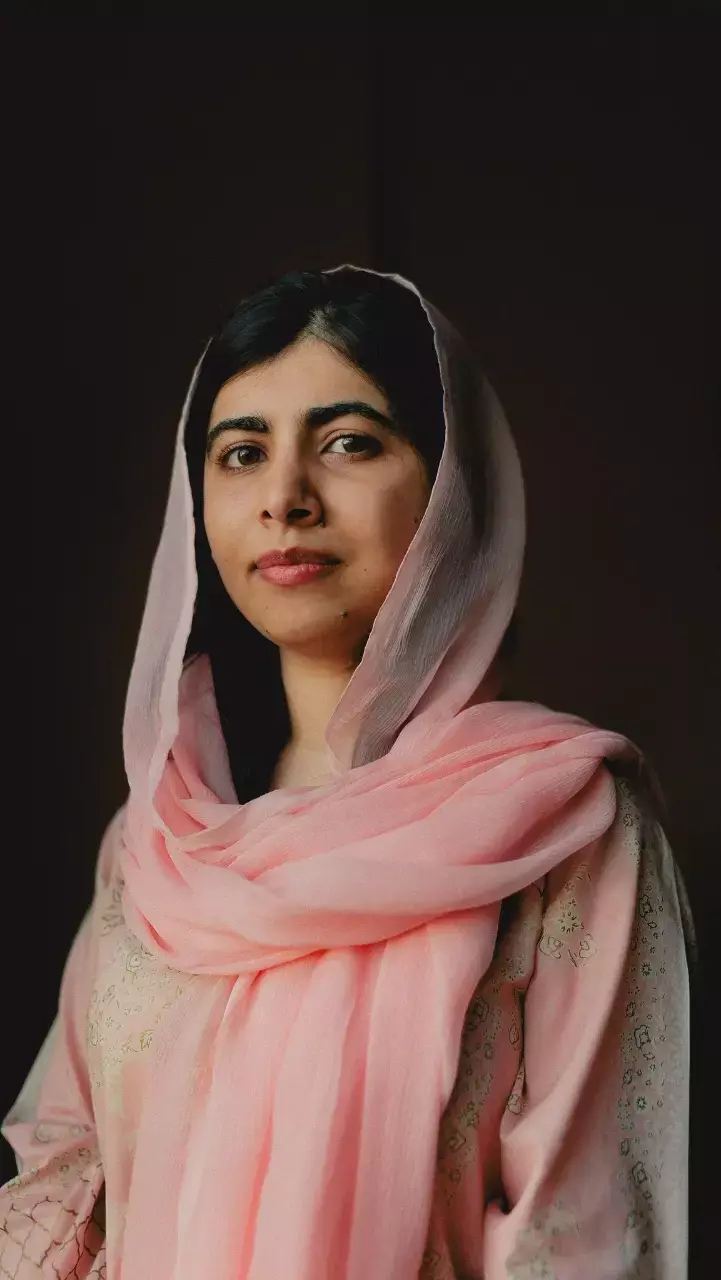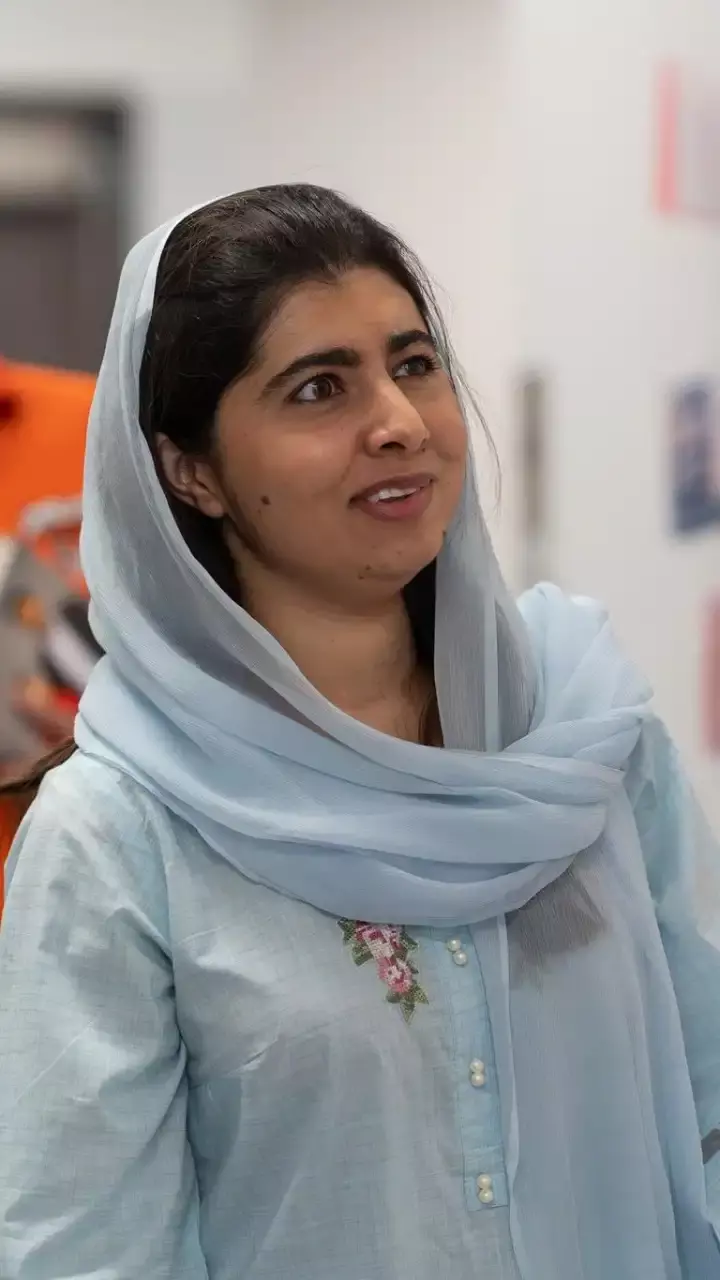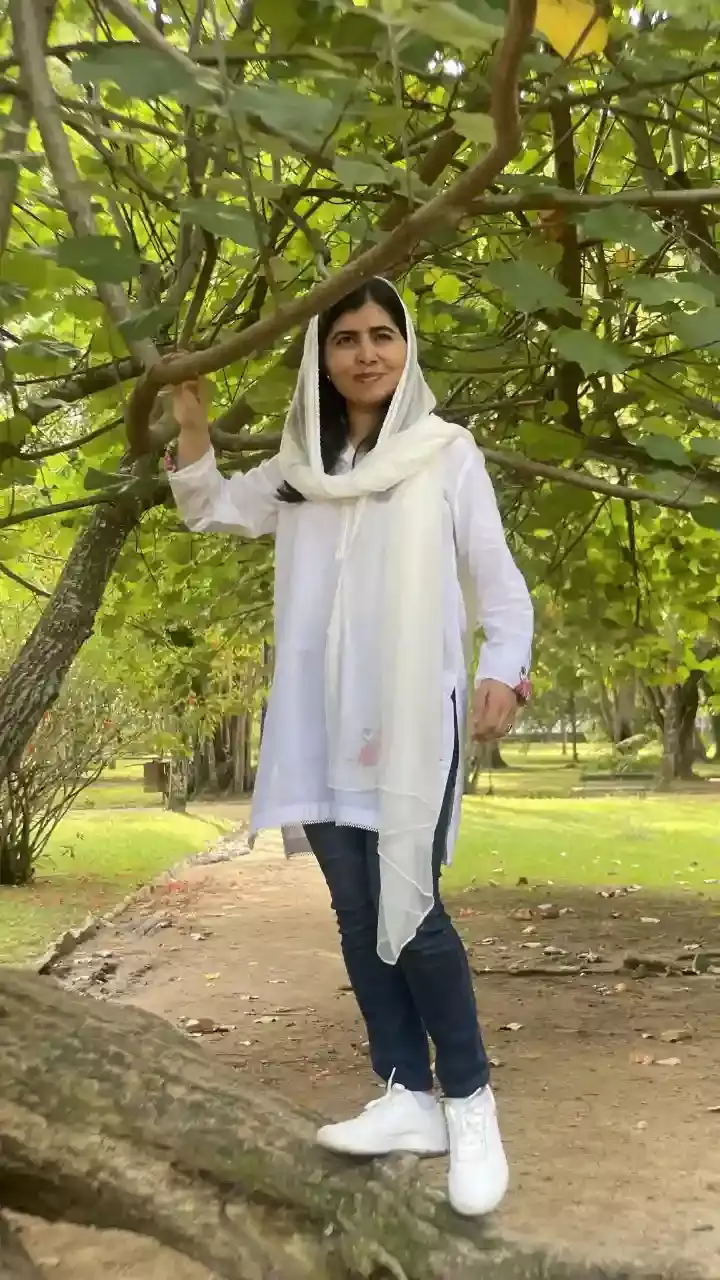
Malala Yousafzai: A Life of Courage and Advocacy

Malala Yousafzai was born on July 12, 1997, in Mingora, Swat Valley, Pakistan. Her father, Ziauddin Yousafzai, was a school owner and educational activist, and her mother is Toor Pekai Yousafzai.

From a young age, Malala was inspired by her father's activism and began speaking out about the importance of education for girls. She wrote a blog for the BBC under a pseudonym, detailing her life under the Taliban occupation and their ban on girls' education.

On October 9, 2012, Malala was shot in the head by a Taliban gunman while she was on a bus returning home from school. The attack was an attempt to silence her activism. She was critically injured but survived and was transferred to Birmingham, UK, for further treatment.
Malala's recovery was remarkable, and her story garnered international attention. She continued her advocacy from the UK, becoming a symbol of resistance against the Taliban's oppression and an advocate for girls' education worldwide.
In 2013, Malala and her father co-founded the Malala Fund, a non-profit organization that advocates for girls' education globally. The fund supports education programs in various countries and aims to ensure 12 years of free, safe, and quality education for every girl.
In 2014, at the age of 17, Malala became the youngest-ever Nobel Prize laureate when she was awarded the Nobel Peace Prize. She shared the prize with Kailash Satyarthi, an Indian children's rights activist.
Malala continued her education in the UK, attending Edgbaston High School and later studying at Oxford University, where she completed her degree in Philosophy, Politics, and Economics in 2020.
Malala has authored several books, including her memoir "I Am Malala: The Girl Who Stood Up for Education and Was Shot by the Taliban," which became an international bestseller. She is also a prominent public speaker, addressing the United Nations and various international forums.
In addition to the Nobel Peace Prize, Malala has received numerous awards and honors, including the Sakharov Prize for Freedom of Thought, the United Nations Human Rights Prize, and honorary Canadian citizenship.
In addition to the Nobel Peace Prize, Malala has received numerous awards and honors, including the Sakharov Prize for Freedom of Thought, the United Nations Human Rights Prize, and honorary Canadian citizenship.